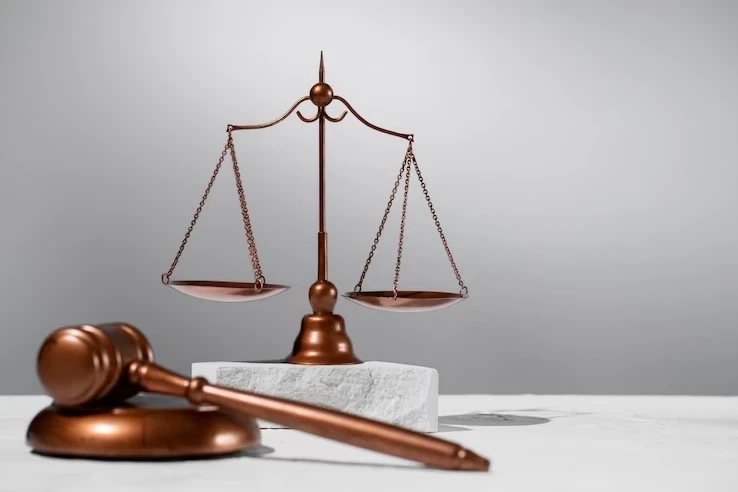What Are Warrants and Why Are They Important?
Warrants are legal documents that authorize law enforcement officials to conduct searches or seizures. They are typically issued by a judge or magistrate and require probable cause, meaning that there must be a reasonable belief that evidence of a crime will be found. Warrants are essential in protecting our rights and freedoms, as they prevent law enforcement officials from conducting arbitrary searches or seizures without probable cause. In this article we will discuss how much does it cost to lift a bench warrant
The Legal Basis and History of Warrants
The requirement for warrants is enshrined in the Fourth Amendment to the US Constitution, which protects citizens from unreasonable searches and seizures. This amendment was adopted in 1791 and was intended to prevent abuses of power by the British authorities, who had conducted arbitrary searches and seizures of colonists' property. The Fourth Amendment requires that warrants be issued only upon probable cause and that they describe the place to be searched and the persons or things to be seized.
How Warrants Protect Privacy and Prevent Abuses of Power
Warrants are essential in protecting our privacy and preventing abuses of power. By requiring law enforcement officials to obtain a warrant before conducting a search or seizure, we ensure that they have a legitimate reason for doing so. This protects us from arbitrary intrusions into our private lives and helps ensure that law enforcement officials are held accountable for their actions.
Exceptions to the Warrant Requirement
While warrants are essential in protecting our rights and privacy, there are some exceptions to the warrant requirement. For example, law enforcement officials may conduct a search without a warrant if they have consent from the individual, if they are in hot pursuit of a suspect, or if they have reason to believe that evidence is in imminent danger of being destroyed.
Consequences of Violating Warrant Requirements
When law enforcement officials violate the warrant requirements, the evidence they collect may be excluded from court proceedings. This can have significant consequences for a criminal case, as it may result in the charges being dismissed or reduced. In addition, law enforcement officials who violate the warrant requirements may be subject to civil liability or disciplinary action.
Conclusion:
In conclusion, warrants are essential in protecting our rights and freedoms. By requiring law enforcement officials to obtain a warrant before conducting a search or seizure, we ensure that they have a legitimate reason for doing so and prevent arbitrary intrusions into our private lives. Understanding the legal basis and history of warrants, as well as their role in preventing abuses of power, is critical to protecting our freedoms and safeguarding our democracy.


